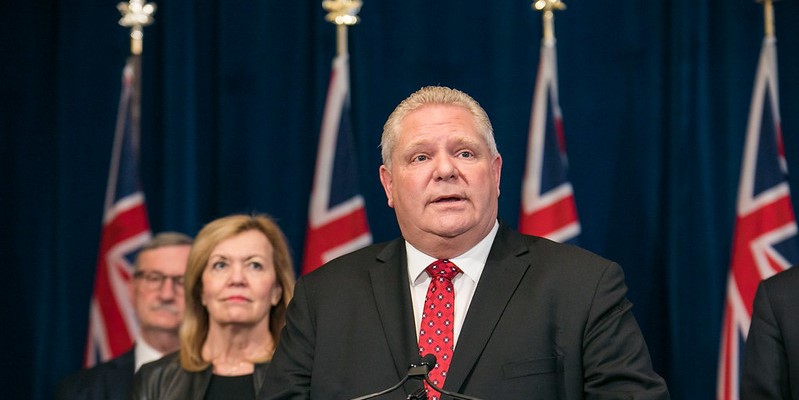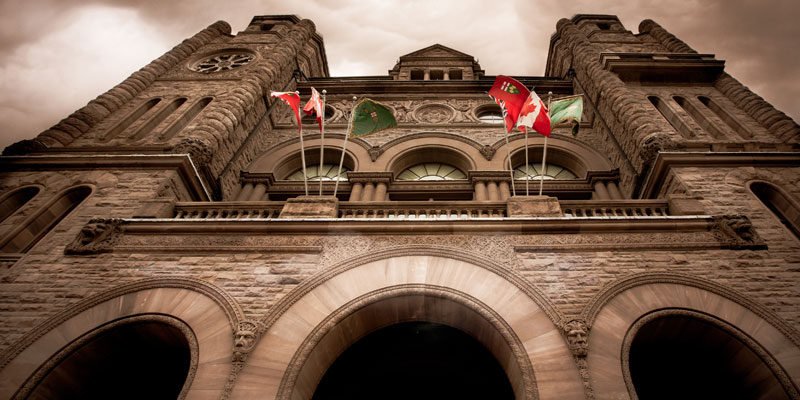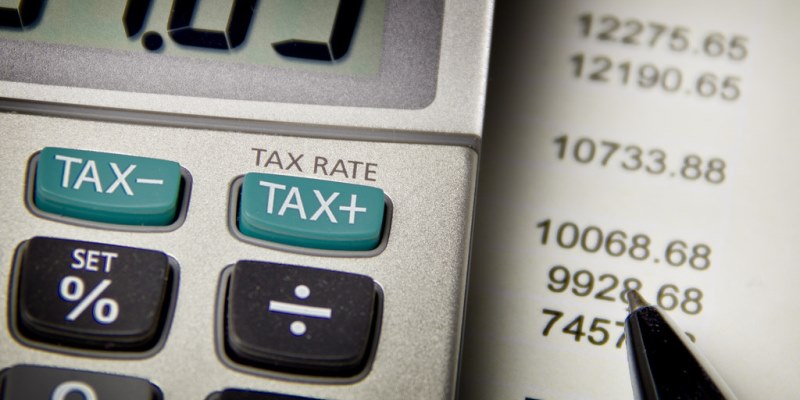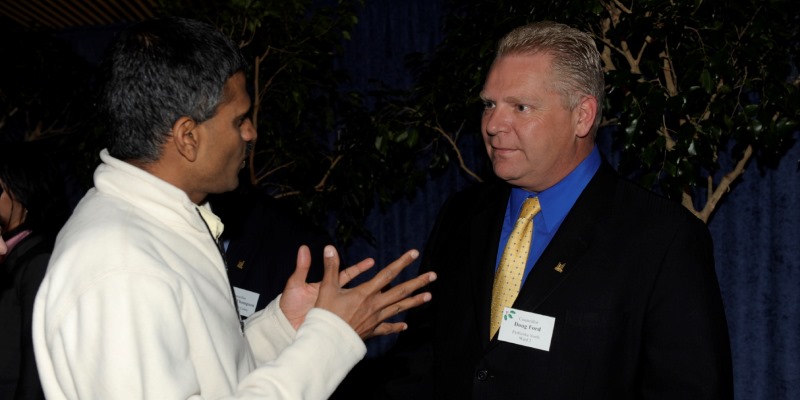Only 32 per cent of Americans define socialism as government taking control of companies and industries.
tax hikes
The province's top income tax bracket to 53.53 per cent, the third-highest rate in North America.
The government permanently increased the tax rate for banks and life insurance companies to 16.5 per cent on profits over $100 million.
When linked to a GST hike, support for a national prescription drug program falls from 79 per cent to 40 per cent.
Indexation is currently applied to the personal income tax system federally and in most provinces.
Ontario’s budget deficit will likely be the largest in provincial history.
Canada’s personal income tax rates are among the highest in the industrialized world.
In Canada, 36.1 per cent of people in the top decile in 2017 were not in the top decile five years earlier.
More tax credits complicate the tax code.
McGuinty’s new top tax bracket was called the temporary “deficit-fighting high income tax bracket.”










